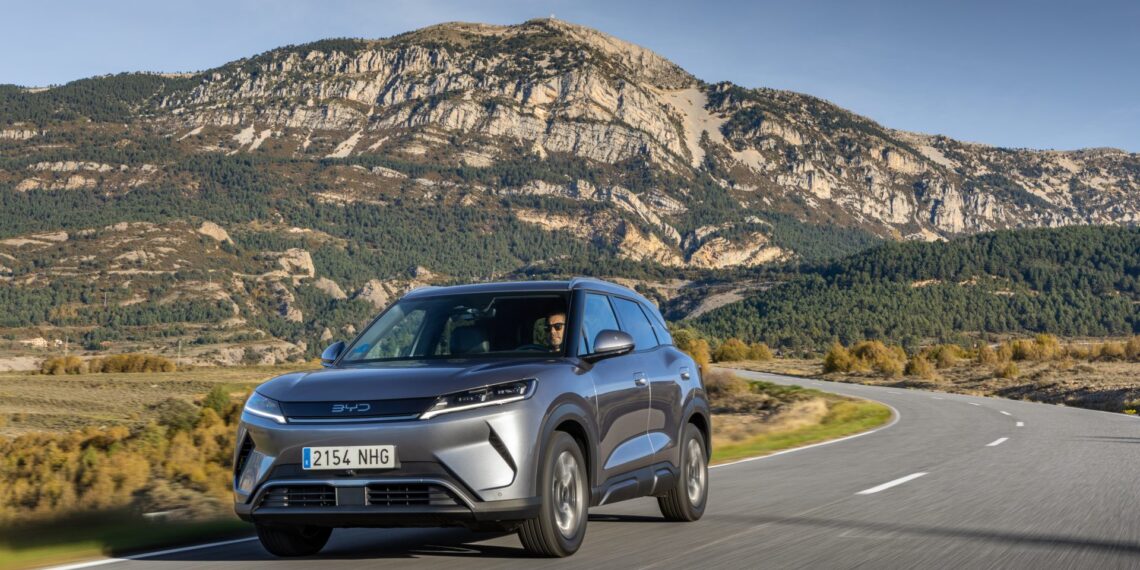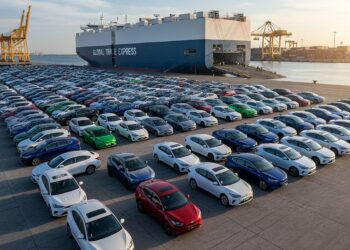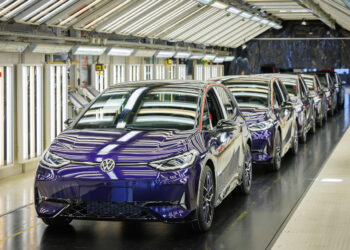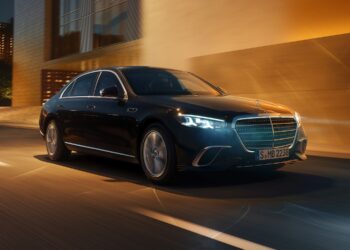New car sales in Europe grew by 4.9% in October compared to the same month in 2024, a result that increases the likelihood of 2025 closing with positive numbers, following a negative first half, due to all the uncertainties associated with the adoption of customs duties and the announcements of losses (or reductions in profits) made by many manufacturers. According to the specialist Dataforce, 1,097,663 vehicles were sold across the region (considering the EU member states, the United Kingdom, and EFTA countries), 50,982 more than in October 2024.
This modest recovery is attributed to the growth (or stabilization) trend observed in the largest countries on the continent – sales increased in Germany (7.8%) and France (2.9%), and decreased slightly in Italy (-0.5%). However, the team of analysts from Dataforce that studied the numbers warned that about 40% of the progress occurred in a “tactical” manner and outside of retail, in the channels of dealers and manufacturers, and rental cars.
In the cumulative total for 2025, after the fourth consecutive month of positive numbers, there was a growth of 1.8%, a figure that contrasts with the 1% decrease recorded from January to June. Expectations for 2026 are also optimistic, with announcements of incentive packages for the purchase of electric vehicles in the most important markets in the region (Germany, France, and Italy).
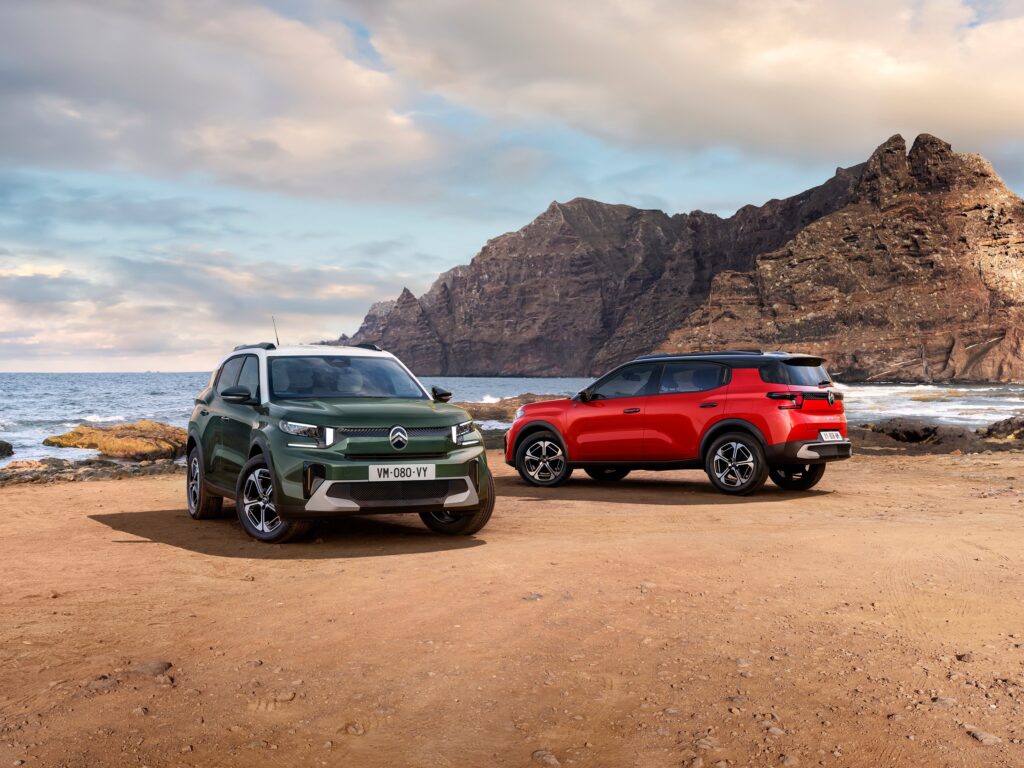
In terms of percentage growth, Chinese brands were the protagonists in October: Jaecoo (5960 units), Leapmotor (3959), and Chery (1884) recorded four-digit sales, BYD progressed by 208%, reaching 17,514 units, and approached MG, the manufacturer of the SAIC consortium, which grew “only” 35%, to 23,896 units. Citroën gained 32%, benefiting from the increased production pace of the C3 and C3 Aircross. Cupra and Mini also improved their commercial performance significantly compared to October of last year (26% and 25%, respectively).
Tesla (-45%), Porsche (-26%), Jeep (-18%), and Toyota (-12%) were the highlights on the negative side. In the case of the Japanese brands, this decline even represented the loss (to Skoda) of the second position in the ranking of the best-selling brands in Europe. VW maintained the first.
Also in the analysis of the numbers by consortiums, very positive results, with growth of 11% for the Renault Group, 6.8% for the Volkswagen Group, 6.4% for the BMW Group, and 4.5% for Stellantis.

